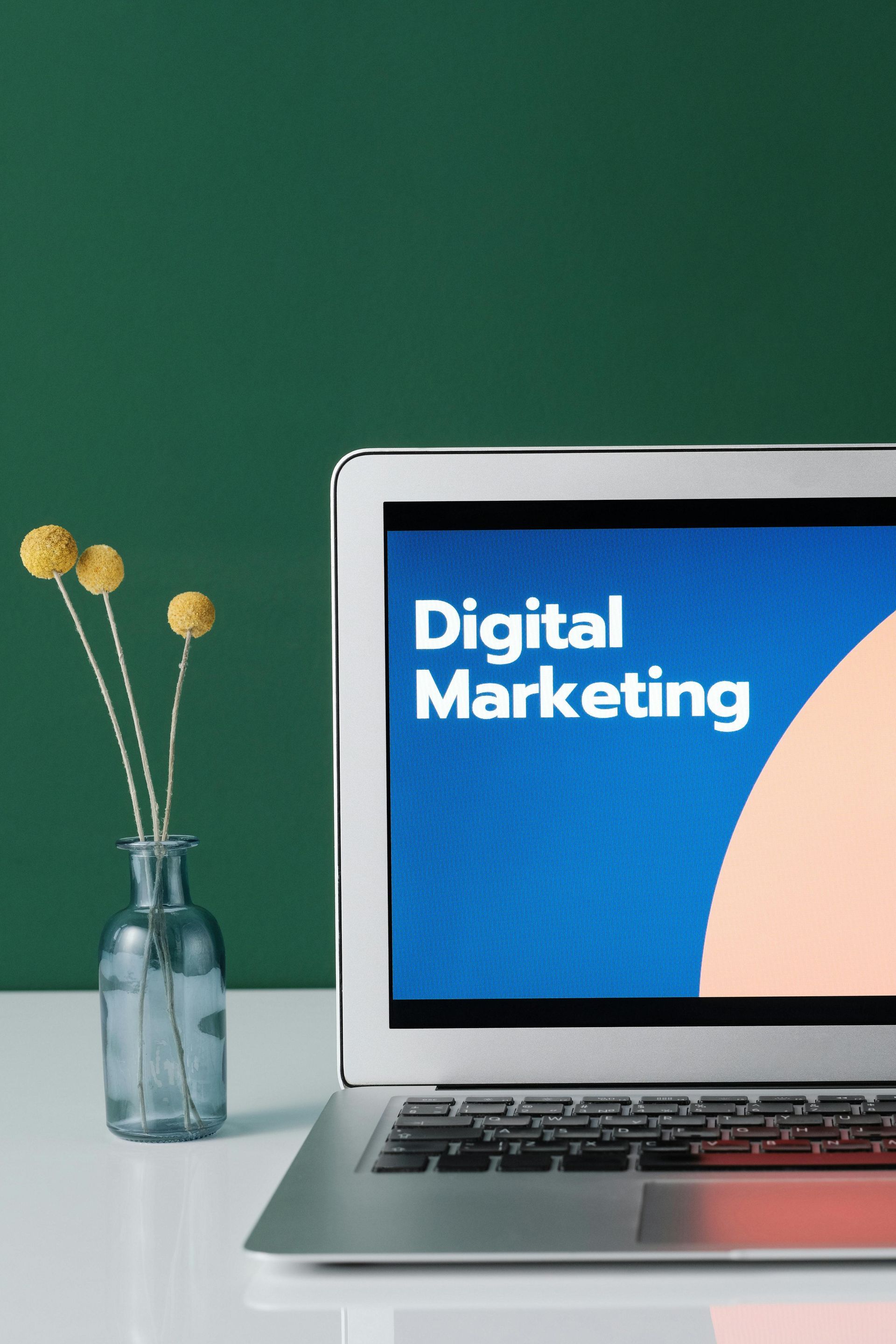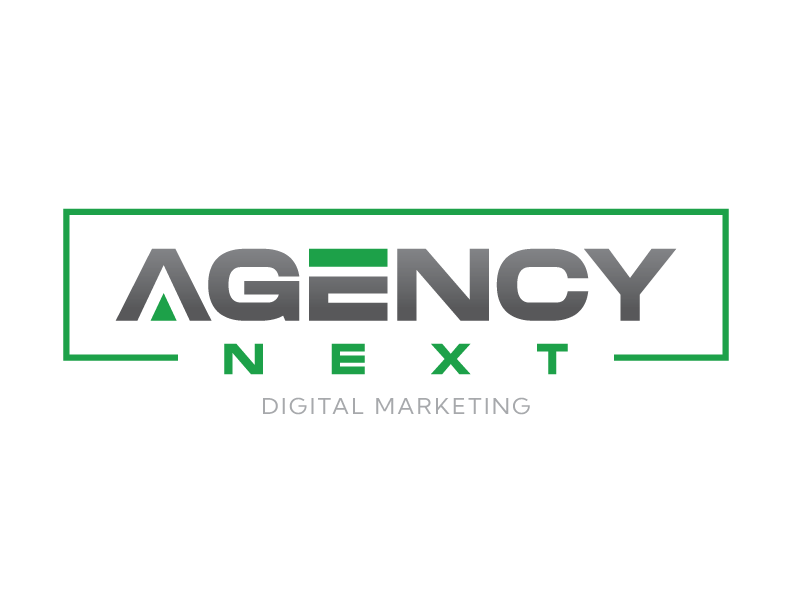As you’re navigating the ever-changing world of digital marketing, you’re probably wondering what role generative artificial intelligence will play in the future of content creation. Will machines replace human creatives, or can technology and human ingenuity coexist to create amazing content? The answer lies in understanding the strengths of each.
While AI tools can speed up and provide data driven insights, human creativity is key to creating emotional connections and authentic storytelling. In this post we’ll look at the power of AI assistance and human ingenuity in content creation and how you can use both to supercharge your content strategy.
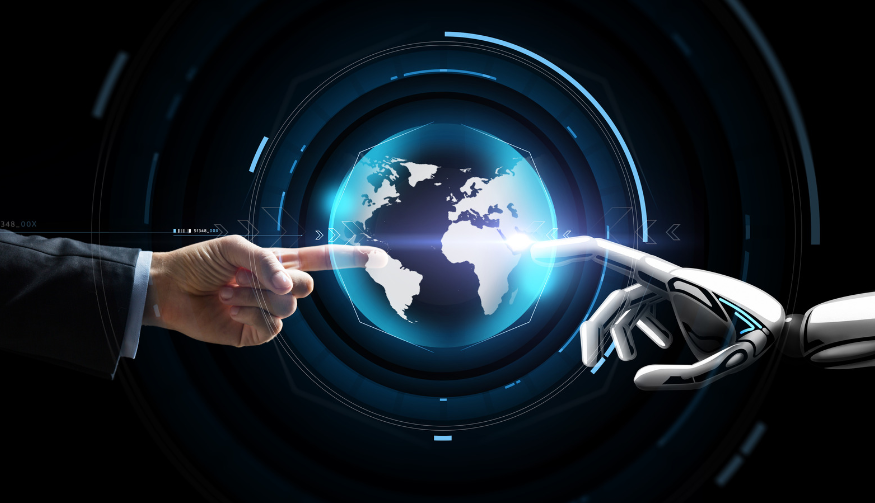
AI DIGITAL MARKETING IN A NUTSHELL
Before we get into the debate of AI assistance vs human ingenuity in content creation let’s look at the context in which AI has risen to prominence in digital marketing.
Generative AI is a subset of artificial intelligence that automates and enhances content creation.
AI ADOPTION IN MARKETING IS BOOMING
Marketers have been quick to adopt AI powered tools to speed up their workflow, improve efficiency and get data driven insights. According to an Adobe report, 72% of marketers believe AI is critical to their business. This rapid adoption is driven by the promise of AI to automate boring tasks, personalize customer experiences and analyze vast amounts of data to inform marketing strategies.
So, AI has become part of many marketing functions including content creation, lead gen and customer service. You’ve probably seen AI powered chatbots, email marketing automation and personalized product recommendations which are everywhere in the digital landscape. AI has improved marketing outcomes in these areas.
AI DEVELOPMENT FOR CONTENT CREATION MILESTONES
AI development has been fast, with big breakthroughs in natural language processing (NLP), machine learning and deep learning. These advancements have enabled AI to create high quality content including blog posts, social media updates and even entire books. AI can create creative outputs like art, music and poetry and is sparking debates about the depth and emotional resonance of AI generated ideas vs human creativity.
In 2019 Google’s BERT changed the game for NLP by introducing a language model that could understand context and subtleties of human language. This opened the door for more advanced AI content generation tools that can now create content that’s often indistinguishable from human written content.
With the ability to analyze vast amounts of data, AI can find trends, patterns and insights that humans can’t. This has big implications for content creation as AI can help you develop targeted content strategies, optimize your content for search and even predict what type of content will resonate with your audience.

AI ASSISTANCE VS HUMAN INGENUITY
It’s no secret that the rise of AI powered content creation tools has sparked a big debate among digital marketers, content creators and marketing professionals. As you weigh AI assistance vs human ingenuity you need to consider the pros and cons of relying on AI for content creation. The human element is irreplaceable in driving innovation and progress.
RELYING ON AI FOR CONTENT CREATION ONLY
One of the biggest advantages of AI generated content is that it can process huge amounts of data quickly and efficiently and produce content fast and scalable. However, this comes with its own set of cons.
Pros
- Faster and more efficient
- Data-driven insights and analysis
- Cost effective and scalable
- Automation of repetitive tasks
- 24/7 availability and accessibility
- More accurate and precise
- Personalization capabilities
Cons
- No emotional depth and authenticity
- Can’t replicate human creativity and originality
- Can produce repetitive and formulaic content
- Doesn’t understand context and nuance
- No human intuition and instinct
- Can’t adapt to changing trends and preferences
- Can be biased and stereotypical
- Limited by lack of human intelligence in problem solving and decision making
As you can see AI generated content has its advantages but also big limitations. These cons remind us to consider human creativity in the mix.
HUMAN CREATIVITY IN THE MIX
Human creativity is what sets content on fire, making it memorable, relatable and impactful. It’s the ability to craft a story that resonates with your target audience and makes them feel something and connect.
A content strategy that incorporates human ingenuity will get you noticed in a crowded digital space, build trust with your audience and drive business results. By combining the strengths of AI with the creative power of human insight you can create data driven and emotionally resonant content.
As you move forward in content creation, remember AI assistance is meant to support human creativity and does not replace it. By doing this you can get the most out of your content and stay ahead of the game in an ever changing digital landscape. AI also challenges our traditional notion of human identity in creativity and makes us rethink what’s unique about human ingenuity.
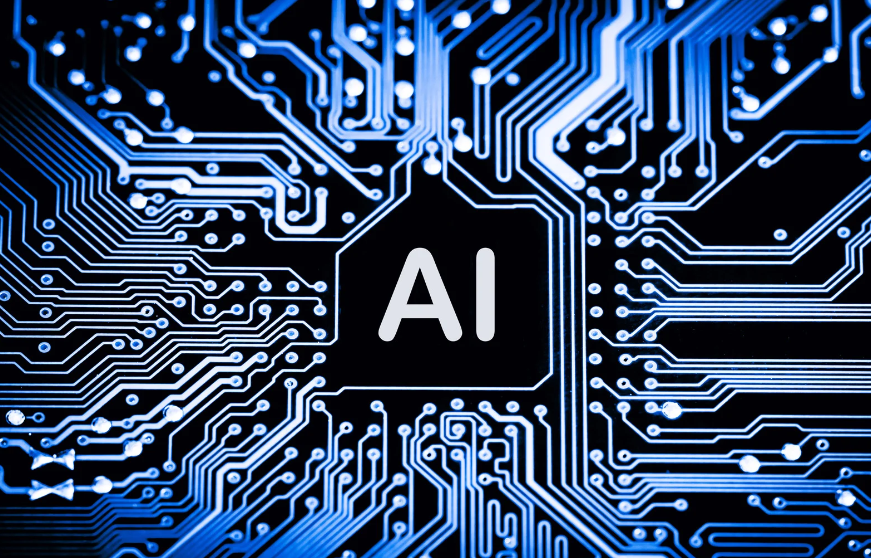
AI IN CONTENT
AI has come a long way and its applications in content creation are many and diverse. From generating text to optimizing images, AI tools can automate and improve many parts of the content creation process. AI also impacts the creative process by influencing how content is ideated, developed and refined, by theories such as associative theory of creativity and controlled-attention theory.
AI TOOLS CAPABILITIES IN GENERATING AND OPTIMIZING CONTENT USING NLP
Content is an area where AI has shown great potential. AI powered tools can produce high quality content at scale and speed and free up human creators to focus on higher level tasks. For example, AI can be used to generate product descriptions, social media posts and even entire articles so businesses can have a consistent tone and voice across all their marketing channels. AI’s role in divergent thinking tasks like the Alternate Uses Task (AUT) shows its creative performance by generating new ideas and solutions.
Also, AI can optimize content for better performance. By analyzing huge amounts of data, AI algorithms can find patterns and trends that human creators might miss and use that information to optimize content for better search engine rankings, engagement and conversion rates.
GENERATIVE AI APPLICATIONS IN CONTENT CREATION (E.G. TEXT GENERATION, KEYWORD OPTIMIZATION, DATA ANALYSIS)
Many AI powered tools and platforms have emerged to support content creation, such as language generators like LanguageTool and Grammarly.
These tools will help you analyze your target audience, find relevant keywords and craft content that resonates with your readers. For example, AI powered analytics tools will give you insights into user behavior so you can refine your content strategy and create more engaging content.
It’s worth noting that AI in content creation isn’t limited to text content. AI can also generate and optimize visual content like images and videos so it’s a must have tool for businesses that rely heavily on visual storytelling. AI can also do divergent thinking tasks, using tools like open creativity scoring (OCS) to score the originality of ideas.
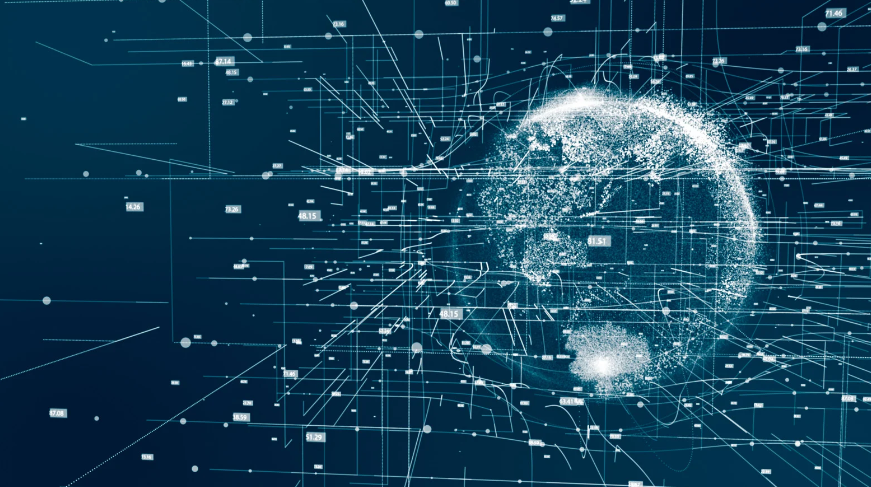
BENEFITS
Remember AI assistance can bring many benefits to your content creation process. Let’s look at some of the biggest advantages of using AI. AI can also generate new ideas and make your content more original.
AUTOMATION GAINS
By automating repetitive and time-consuming tasks AI can streamline your content creation process. By taking over tasks like research, data analysis and content optimization AI can free up your time to focus on high level creative decisions. This saves you time and reduces the chance of human error, so your content is accurate and consistent. AI powered tools can also automate tasks like content formatting, scheduling and distribution so you can publish high quality content fast and efficiently. This means you can respond to market changes and customer needs quicker and get ahead of the game in the digital landscape.
DATA DRIVEN DECISIONS WITH AI ANALYSIS
Analyzing large datasets is a task for humans but AI can process huge amounts of data in seconds. By using AI’s analytical capabilities, you can get valuable insights into your target audience, their preferences and behavior patterns. This means you can make data-driven decisions about your content strategy, so your content resonates with your audience and drives desired outcomes. For example, AI powered tools can analyze social media engagement metrics, website traffic patterns and customer feedback to find trends and areas for improvement. This information can be used to refine your content strategy and create more effective and engaging content that drives business results.
AI POWERED CONTENT AT SCALE
Creating high quality content at scale is a big problem for many businesses. But AI powered tools can help you overcome that by generating high volume, consistent and engaging content fast and efficiently. This means you can maintain a consistent brand voice and tone across all your marketing channels so your customer has a cohesive experience. AI powered content creation also means you can localize content for different markets and regions so you can expand your global reach and appeal. This is especially useful for businesses that operate in multiple languages or regions where creating custom content is a big challenge.
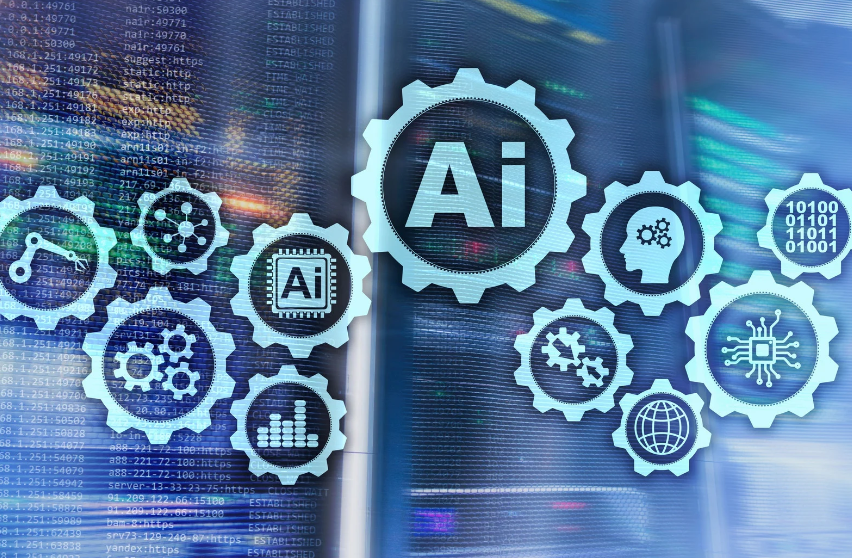
HUMAN TOUCH IN CONTENT CREATION
Despite the advancements in AI, human ingenuity is still a key part of content creation. AI can process huge amounts of data and generate content fast, but it lacks the emotional depth, creativity and empathy that humans bring to the table. Humans excel at coming up with original and creative uses for content, so innovative and unconventional ideas that focus on quality over quantity.
HUMAN CREATIVITY (EMPATHY, STORYTELLING, EMOTIONAL CONNECTION)
To resonate with your audience, you need to understand their needs, desires and pain points. Humans can empathize with their audience and craft content that speaks directly to their emotions. This emotional connection is key to building trust, loyalty and ultimately conversions. Humans can also weave complex narratives that capture the essence of a brand’s identity, values and mission. Human responses are typically shorter and more concise than AI generated content.
Plus, humans aren’t limited by algorithms or data sets. They can think outside the box, push boundaries and challenge the norm. This means innovative thinking that leads to new perspectives, new ideas and unique solutions that AI systems can’t replicate.
EXAMPLES OF CONTENT CREATED BY HUMANS (CASE STUDIES OR ANECDOTES)
Emotional connections are formed through stories that touch our hearts, minds and souls. Humans can craft those stories, so content resonates with audiences.
- Dove’s Real Beauty Campaign: Launched in 2004 this campaign challenged traditional beauty standards by featuring real women in ads. It sparked a global conversation, increased brand recognition and drove sales.
- Red Bull’s Stratos Jump: In 2012 Felix Baumgartner jumped from a balloon 24 miles above the Earth’s surface and broke the sound barrier. This death-defying stunt got over 8 million concurrent YouTube views and cemented Red Bull as a bold and adventurous brand.
- Coca Cola’s Share a Coke Campaign: By personalizing bottles with popular names Coca Cola created a social media frenzy and encouraged customers to share their Coke with friends and family. The campaign saw a 7% increase in sales among teenagers and young adults.
- Apple’s “Think Different” Campaign: Launched in 1997, this campaign celebrated innovators and thinkers who challenged the norm. It repositioned Apple as a brand that values creativity, innovation and nonconformity.
Humans have shown time and time again they can create content that resonates with audiences, drives engagement and ultimately boosts brand performance. These examples show the power of human ingenuity in crafting stories that connect, inspire and motivate.

AI LIMITATIONS THAT REQUIRE HUMAN INPUT
Unlike the promises of AI revolutionizing content creation, there are significant limitations that require human input. While AI can process vast amounts of data and create content fast, it lacks the nuance and creativity that humans bring to the table. So human participation in content creation is essential to ensure quality and originality.
HUMAN JUDGMENT IN CONTENT CREATION
Discernment is important in content creation and AI systems can’t replicate human judgment. You need human oversight to ensure the content created is not only accurate but also relevant, engaging and on brand tone and voice. AI can analyze data but it’s humans who can interpret the results and make informed decisions on what resonates with your target audience.
Without human judgment, AI generated content can be inaccurate, irrelevant or even offensive and damage your brand reputation. Human judgment is critical in understanding the context and subtleties of language. AI may struggle to understand sarcasm, irony or figurative language and misinterpret and miscommunicate. By involving humans in the content creation process you can ensure your message is communicated effectively and resonates with your audience.
AI CAN’T REPLICATE HUMAN EMOTIONAL INTELLIGENCE
Content that evokes emotions and empathy requires a deep understanding of human psychology and behavior. AI systems, no matter how advanced, can't replicate human emotional intelligence and empathy. You need human creators to create content that speaks to people’s emotions, values and experiences. AI generated content may be informative but often lacks the emotional resonance and authenticity of human created content. Plus, AI can’t understand the complexities of human emotions so may not be able to create content that is culturally sensitive or socially aware.
Human creators can bring their own experiences and perspectives to the table and create content that is more inclusive and diverse. This is especially important in today’s digital landscape where cultural sensitivity and social awareness is key to building trust and credibility with your audience.
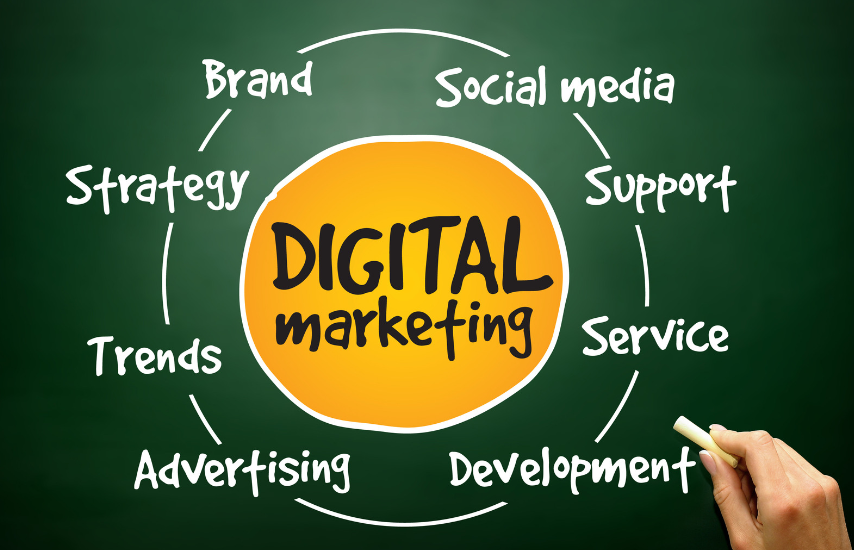
AI AND HUMAN COLLABORATION
To get the most out of content creation you need to understand how AI and human capabilities work together.
When you combine the two, you can create a content creation process that is fast and effective. This collaboration can lead to a more streamlined workflow, better accuracy and more creativity.
HOW AI CAN SUPPORT HUMAN CREATIVITY (IDEA GENERATION, CONTENT CURATION, PERFORMANCE ANALYSIS)
Content creation is a time-consuming process that requires hours of research, brainstorming and editing. AI can reduce this workload by assisting with idea generation, content curation and performance analysis. For example, AI powered tools can analyze vast amounts of data to find trends, suggest topics and even create outlines for your content. So, you can focus on the creative aspects of content creation like crafting compelling stories and developing unique perspectives.
Also, AI can help you curate content more efficiently so your message reaches the right audience at the right time. By analyzing performance metrics, AI can give you valuable insights into what works and what doesn’t so you can refine your content strategy and optimize your ROI. This combination of AI driven data analysis and human creativity can create more targeted, engaging and effective content.
Creativity flourishes when you have the freedom to try new things and experiment with different approaches. By integrating AI tools into your content creation process you can unlock new levels of innovation and productivity. For example, you can use AI powered writing assistants to generate drafts, suggest alternative phrases or even provide grammar and syntax corrections.
Also, AI can help you create more personalized content by analyzing audience preferences, behavior and interests. This means you can create content that speaks to your target audience and increases engagement and conversion rates. But remember, AI should augment, not replace human creativity.
Knowing how to get the right balance between AI driven efficiency and human ingenuity is key. By doing so, you can leverage the best of both to create content that is informative and emotionally resonant and authentic. This can be the start of a new era of content creation where technology and human insight come together to create compelling, effective and memorable content.

AI ASSISTED CONTENT CREATION EXAMPLES
At first glance, it may seem like AI is taking over content creation, but in reality, AI is just augmenting human capabilities. For example, AI can analyze vast amounts of data to find trends and insights that human creators may miss. This means humans can focus on the big creative decisions and AI can handle the mundane tasks.
In another example, AI can assist human writers by suggesting alternative phrases or sentences, like a grammar and spell checker on steroids. This saves time, reduces errors, and improves overall content quality.
WHAT WE’VE LEARNED FROM COLLABORATIONS
Research has shown that the most successful AI-human collaborations happen when both are used to their strengths. AI is good at processing big data, finding patterns and automating repetitive tasks. Humans are good at creativity, empathy and emotional intelligence.
So it’s important to define clear roles and responsibilities for both AI and human team members. By doing so, you can ensure each is working to their strengths and content creation is more efficient and effective.
When you start to experiment with AI-human collaboration in your content creation, remember it’s all about finding the balance between technology and humans. By combining the two, you can create content that’s faster, more engaging, more creative, and more effective.
If you have your own experiences with using AI and human collaboration, or want to share your opinion on AI content writing, drop a comment below. We’d be thrilled to hear what you have to say about human vs. (or collaborative) AI content writing.
Featured Resources
Check Our Latest Resources
